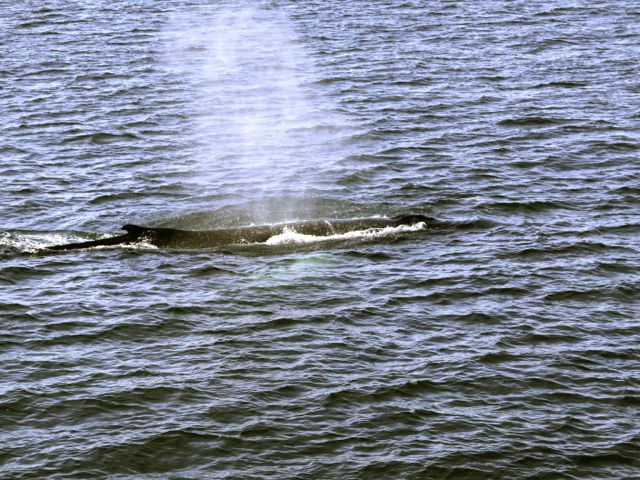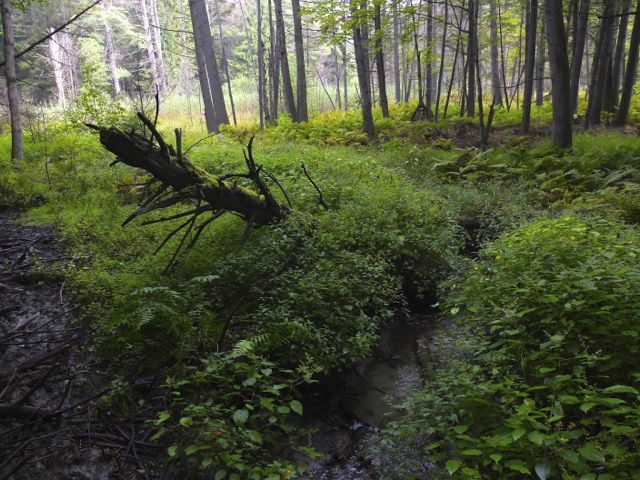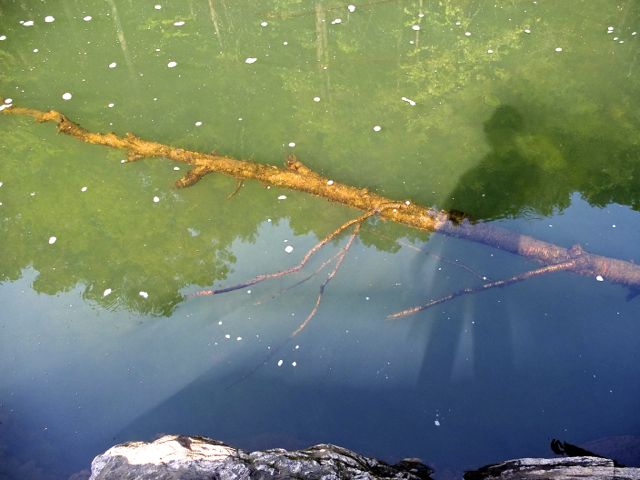put forward what threatens you
At the meeting, the message came:
“Put forward whatever threatens you”
So I put forward in my hands, nothing.
The voice said, “that's right, NOTHING”
And between my hands became a void.
The meeting was a Quaker meeting, sitting in silence on a chair for an hour, surrounded by other people doing likewise. One can experience the various states of consciousness: distraction, daydreaming, sleepiness, but also stretches of total quiescence and meditative absorption. I found it interesting that "friends" (as they're called) are allowed to break the silence to speak messages that they feel are worth speaking. Beforehand, I'd wondered what these messages could be, but it turned out that nobody had anything to say at this particular meeting. It occurred to me that I could've spoken my message at the time. It came to mind within a hypnagogic state, on the cusp of sleep and wakefulness. It didn't seem worth mentioning because hypnagogic hallucinations are usually gibberish and quickly forgotten. Although this one had a different character, I don't currently see the value of announcing a message while other people are experiencing the quiet. I also think it's unwise to attribute to God whatever rumbling comes to mind -- even if messages do emanate from Spirit, the announcement as such suggests a kind of definitiveness, when perhaps a better attitude should be unknowing.
But, put forward whatever threatens you seems apt for this anniversary of a day that felt quite threatening and confusing. I remember hearing the news when my sister called me while I was reading a book by the Charles River -- only my second week of college. (I still regret, later on, when she asked me why somebody would commit such a heinous act, explaining that it must've been their religion. Well, what did I know at 18?) In a way, the events of that day and the nation's response changed the course of my life, opening my eyes to a world outside of the hermetic bubble of Boston University and awakening an activist side of me. After the mourning period ended and it was time to resume the busy work of academia, I couldn't close the venetian blinds which had been opened. Out there, the suffering, confused world felt more pressing and significant than pointless introductory physics experiments and Riemann sums. I had to drop out and change course, though I didn't have an alternative in mind. The course continues to course...
Nowadays, what's threatening to most people is economic uncertainty rather than terrorist sleeper cells next door. Whether it's the prospect of suddenly being blown to smithereens or not being able to pay the mortgage, living in fear constrains a person, isolates one from another. We accept unequivocally what our bosses -- political or economic -- tell us, in order to latch onto a sense of security. It's obvious that living in fear stunts growth and eliminates intimacy, yet we do it again and again, in a million different, subtle ways.
How can we live where nothing threatens? All I can say is that it's an inversion -- to remake oneself inside-out, to expose the nerves and "go into" the idea of threatening things -- with absolute questioning and curiosity -- and thus see their unreality. If one can find a way to live without the psychological protections, somehow the threats vaporize, along with the accumulated ideas about an entity called "me" who stands to be threatened. Then, what is left between the hands? Unknowing!
Incidentally, the message at the start has a funny double meaning, which might be a topic for a subsequent post. :)



